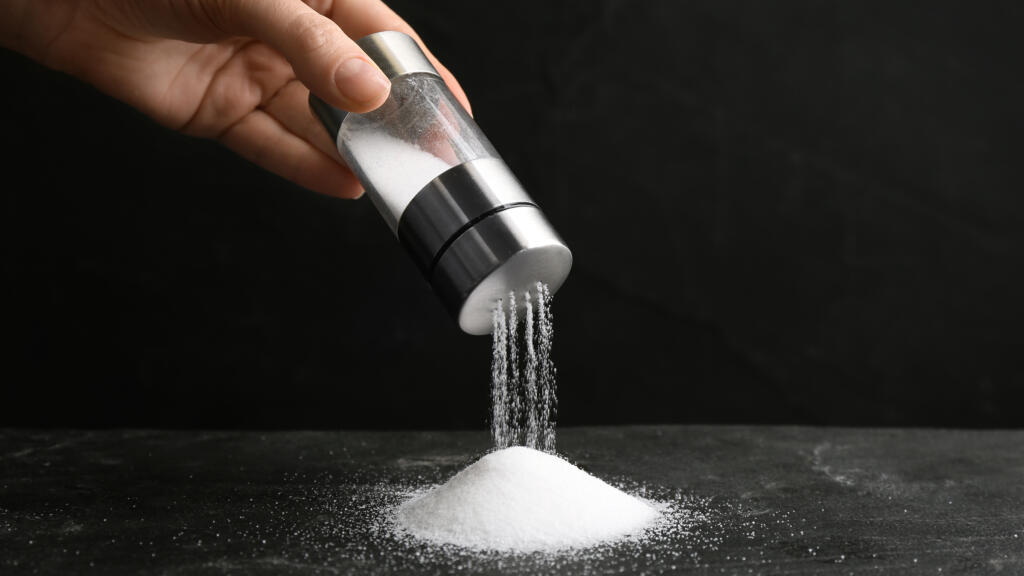The World Health Organization (WHO) unveiled a groundbreaking report in 2023, marking its first-ever comprehensive analysis of hypertension, entitled “Global report on hypertension: the race against a silent killer”. WHO’s conception of health extends beyond mere physical well-being, encompassing mental, social well-being, and happiness while also emphasizing the absence of disease and disability. Achieving health in its broader sense necessitates addressing the determinants of health.
HYPERTENSION:
Hypertension, commonly known as high blood pressure, occurs when the pressure within blood vessels exceeds normal levels (140/90 mmHg or higher). While prevalent, untreated hypertension can lead to serious health implications. Blood pressure readings consist of two numbers: the systolic pressure, representing the pressure when the heart contracts, and the diastolic pressure, indicating the pressure when the heart rests between beats.
World Hypertension Day, observed annually on May 17, serves to raise awareness about hypertension and promote preventive measures against this silent killer.
AFFECTS:
In India, high blood pressure stands as the primary risk factor for premature mortality, contributing to an estimated 10.8 million preventable deaths worldwide each year. Over the past three decades, the prevalence of hypertension has nearly doubled, reaching 3 billion cases globally. Alarmingly, a significant portion of individuals with hypertension remains undiagnosed and untreated, with only 42% receiving a diagnosis and treatment, and merely 21% achieving control over their condition.
According to the Indian Council of Medical Research-INdia DIABetes (ICMR-INDIAB) study, approximately 311 million adults in India, equating to one in every three adults, suffer from hypertension. This figure surpasses the estimated 101 million individuals living with diabetes in the country.
FACTORS:
The consumption of excessive dietary salt, defined as five grams or more per day, stands as a major contributor to hypertension. Studies have revealed that reducing salt intake can mitigate cardiovascular disease risks by 30% and mortality by 20%. However, Indian adults consume an average of 8-11 grams of salt per day, double the WHO’s recommended daily intake. High salt consumption is linked to an estimated 175,000 deaths in India.
A survey conducted by the Foundation for People-centric Health Systems across Delhi and Gurugram from October 2023 to March 2024 screened and treated around 12,000 individuals, primarily comprising women, migrant workers, rickshaw and taxi drivers, and low-income groups. Many participants were diagnosed with diabetes and hypertension for the first time during these health camps, underscoring gaps in awareness, detection, and treatment.
MEASURES:
To combat the escalating hypertension crisis, the Indian government has set a target of providing standard care to 75 million individuals with hypertension and/or diabetes by 2025. The India Hypertension Control Initiative (IHCI), a collaborative effort between ICMR, the Ministry of Health and Family Welfare/Directorate General of Health Services, WHO India, and other partners, was launched in 2017 across 25 districts in five states. Recognized for its excellence, IHCI received the ‘2022 UN Interagency Task Force and WHO Special Programme on Primary Health Care Award’. By 2023, the initiative expanded to over 140 districts nationwide.
IHCI’s strategies encompass simplified treatment protocols, bolstering drug supply chains, integrating protocol-based drugs into state essential drug lists, forecasting drug needs based on morbidity rates, and ensuring adequate budget allocations for hypertension medication. The initiative prioritizes team-based and decentralized care, enhances patient-centric health services, and employs information systems for program monitoring.
IMPLEMENTATIONS:
Implementation of IHCI protocols has yielded positive outcomes, including the development of simplified treatment guidelines, reliable drug supplies, increased access to health services, and enhanced program monitoring. Scaling up such evidence-based interventions is imperative to achieve hypertension control goals.
Addressing hypertension requires concerted efforts on multiple fronts, including awareness campaigns, evidence-based interventions like IHCI, and multi-sectoral actions to tackle lifestyle diseases comprehensively. Measures to reduce dietary salt consumption, such as the SHAKE strategy under WHO’s HEARTS initiative, surveillance, industry engagement, education, and environmental support, are crucial.
CONCLUSION:
India’s multi-sectoral plan for preventing and controlling non-communicable diseases must be reinforced with concrete actions, including raising awareness about hidden salt content in food products and enhancing food labeling. Strengthened enforcement of food regulations, higher taxation on high-salt products, and ubiquitous access to blood pressure measurement devices are essential steps toward hypertension control.
Regular blood pressure monitoring should become a norm, facilitated by increased access to measurement devices in public spaces and workplaces. Healthcare providers play a pivotal role in promoting regular blood pressure checks and advising individuals on hypertension management. By prioritizing hypertension control efforts, countries can avert millions of deaths and disability-adjusted life years, aligning with national health policies and global commitments to universal health coverage.
